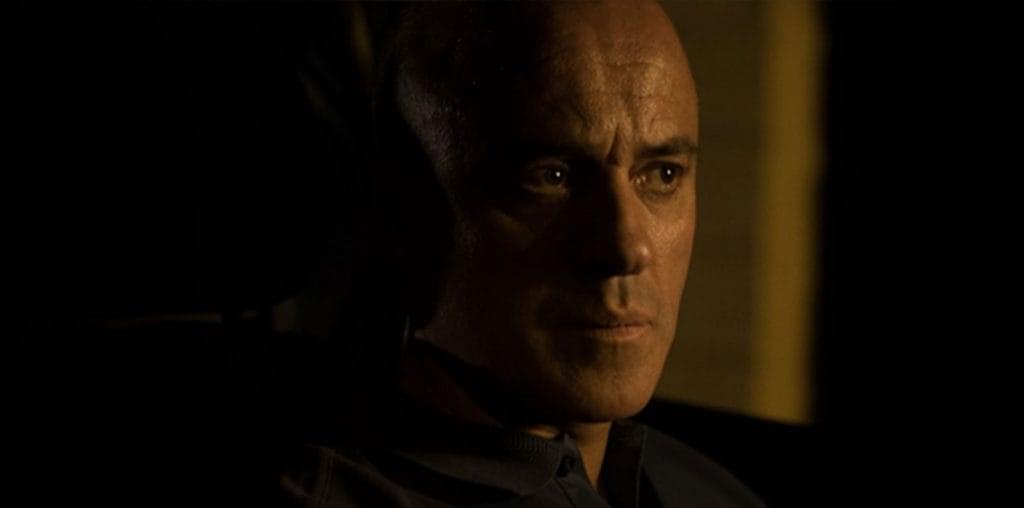
Believe it or not, there is a large portion of the population who refuse to watch foreign films. Maybe these people don’t consider reading a part of their escapist experience with film, and that’s pretty stupid because foreign films can be just as (or more) entertaining and inspiring as anything in English. But, there is also a very legitimate fear that foreign films are existential, boring, and pretentious. Unfortunately, A Few Days of Respite will do nothing to convince those narrow-minded film viewers differently. This is a film that attempts grandeur and importance and, instead, achieves artificiality.
Mohsen and Hassan escape from Iran because their sexual preference puts them in danger of hanging. On their way to Paris Mohsen meets Yolande, a fairly desperate older woman who asks Mohsen to paint her house so she can put the moves on him. In Yolande, Mohsen sees an opportunity at a more stable future, though he must, again, deny his sexuality, and as a result, his partner Hassan.
That’s about it; that’s the entire plot of the film. And in order to fill up 80 minutes of film, the characters in A Few Days of Respite spend most of their time staring at each other. Never mind the fact that Mohsen and Hassan are so in love that they feel they can’t hide it anymore and must flee their homeland. Never mind that they are frightened and unsure of themselves. And never mind that they are forging a new relationship with Yolande. They never feel the need to talk about their emotions or even about their future plans (an important part of traveling in any circumstance). Couples who have been together for a while tend to develop a kind of comfort with each other. Meaningful stares are replaced with talking about what you may want to eat for dinner. Director, Amor Hakkar, never captures what it means to be in a relationship. Since Mohsen and Hassan’s relationship should be the center of a piece as political as this, A Few Days of Respite fails.
Also because of the lack of dialogue, and as a result, meaning, the film comes across as uber-melodramatic. I never felt that these characters were danger, rather that the film was desperately trying to get me to think they were. This superficiality is underscored at the end of the film when a note tells us what happens to Mohsen and Hassan. Rather than evoking emotion, this note made me rather nauseous. I felt that Hakkar was simply exploiting the characters in A Few Days of Respite for a political purpose. While that purpose seems noble, the film belittles the cause.

